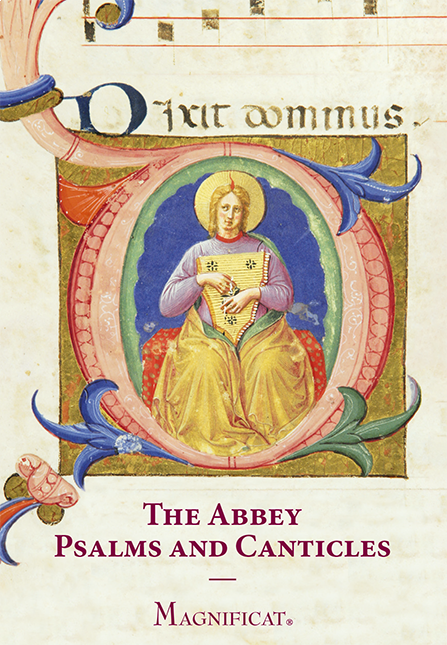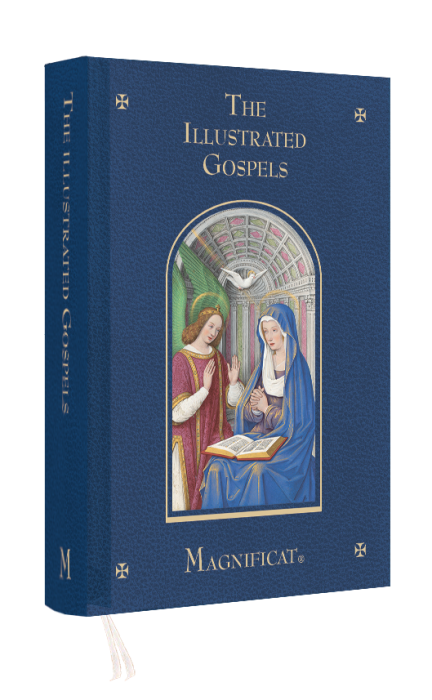There is nothing quite like the birth of a child. When a woman is in labor, she is in anguish because her hour has arrived; but when she has given birth to a child, she no longer remembers the pain because of her joy that a child has been born into the world (Jn 16:21). And there is no getting around the fact that a father can’t really understand the pain of labor. During the birth of our last child, the doctor asked my wife to rate her pain on a scale of one to ten. I made the mistake of answering for her, while she was in transition, “it’s about five.” Thankfully, with the joy of birth all is forgiven, and there is a new sense of shared responsibility.
Children are the supreme gift of marriage and a living reflection of the love between husband and wife. But just who is giving what to whom? In their reciprocal exchange of vows, and the consummation of this exchange in spousal union, each spouse simultaneously gives the gift of a child to their beloved and receives a child from their beloved. And yet, as every parent knows, there is a mysterious “excess” at the heart of this giving and receiving. The fruit of their love is not simply their own. The child is not manufactured or produced by the parents, but received as an undeserved gift. This “excess” or gratuity points to God as the true origin and end of both their giving and receiving and the miraculous existence of the child. In the words of George Bernanos, “Oh, miracle, thus to be able to give what we ourselves do not possess, sweet miracle of our empty hands.”
(Nicholas J. Healy teaches at the John Paul II Institute in Washington, DC. He lives in Maryland with his wife and eight children.








